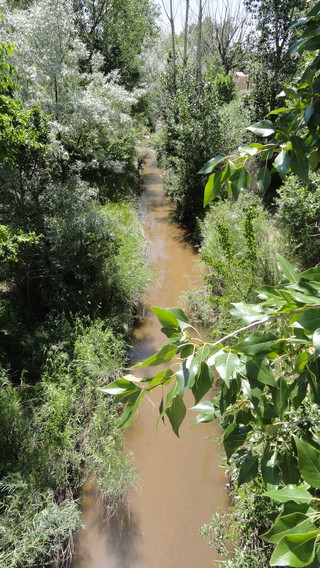
information on a situation in which
Twinkies are better food than alfalfa sprouts,
and when lettuce might be very dangerous
Photo by Sandra Dodd of bell peppers (which I don't much like) stuffed with things lots of other people don't like or can't eat. I didn't do it on purpose, the recipe was just all beef, onion, garlic, tomatoes, mushrooms, pine nuts...


















